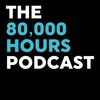

80,000 Hours Podcast
Rob, Luisa, and the 80000 Hours team
Unusually in-depth conversations about the world's most pressing problems and what you can do to solve them.
Subscribe by searching for '80000 Hours' wherever you get podcasts.
Hosted by Rob Wiblin and Luisa Rodriguez.
Subscribe by searching for '80000 Hours' wherever you get podcasts.
Hosted by Rob Wiblin and Luisa Rodriguez.
Episodes
Mentioned books
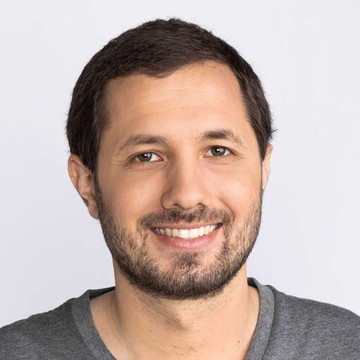
75 snips
Aug 1, 2024 • 2h 8min
#195 – Sella Nevo on who's trying to steal frontier AI models, and what they could do with them
Sella Nevo, director of the Meselson Center at RAND and seasoned information scientist, dives into the critical issue of securing frontier AI models. He discusses high-stakes examples of cybersecurity breaches, emphasizing how easily model weights can be targeted by rogue states and hackers. With compelling insights on human intelligence manipulation and supply chain vulnerabilities, Sella underscores the pressing need for improved defensive strategies. He also highlights his innovative machine learning work in flood forecasting, a game changer for disaster management.

240 snips
Jul 26, 2024 • 3h 4min
#194 – Vitalik Buterin on defensive acceleration and how to regulate AI when you fear government
Vitalik Buterin, co-founder of Ethereum, shares his insights on the intersection of technology and governance. He discusses defensive acceleration in AI and the balancing act between innovation and caution. Buterin emphasizes the importance of diverse perspectives on AI, especially in combating misinformation and navigating the ethical implications of rapid advancements. He reflects on trust in government and the need for decentralized approaches to AI, advocating for a shared understanding that can unify both optimists and skeptics in technology's future.
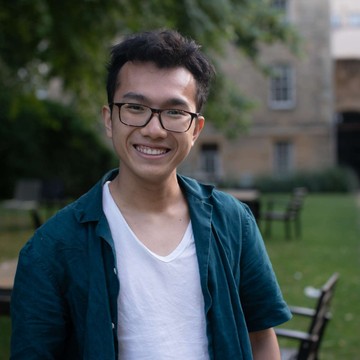
130 snips
Jul 18, 2024 • 2h 24min
#193 – Sihao Huang on navigating the geopolitics of US–China AI competition
Sihao Huang, a 2023 Marshall Scholar and tech policy expert at RAND, dives into the complex world of US-China AI relations. He discusses how advanced AI doesn't always need massive compute power, which poses risks if misused by China. Their AI advancements are compared to the US, shedding light on China's self-sufficiency in semiconductors and AI governance. Huang emphasizes the urgent need for cooperative regulation to prevent reckless competition and potential conflict, pushing for a better understanding of AI's impact on global security.
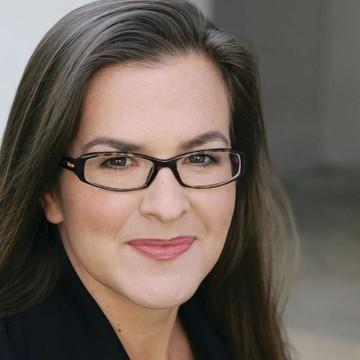
16 snips
Jul 12, 2024 • 1h 54min
#192 – Annie Jacobsen on what would happen if North Korea launched a nuclear weapon at the US
Annie Jacobsen, a Pulitzer Prize finalist and bestselling author, dives deep into the unsettling realities of nuclear warfare. She highlights the critical six-minute decision-making window faced by the U.S. President during a nuclear threat. Jacobsen reveals the devastating humanitarian impacts of nuclear strikes and the terrifying potential of electromagnetic pulse attacks on infrastructure. Drawing from her extensive interviews with experts, she emphasizes the stark need for transparency and effective communication among nuclear powers to avert disaster.
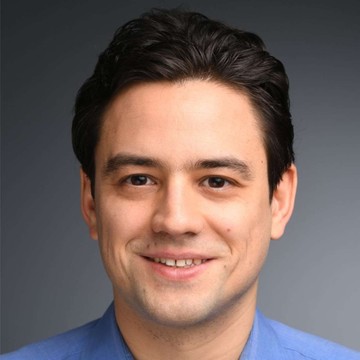
32 snips
Jul 5, 2024 • 2h 21min
#191 (Part 2) – Carl Shulman on government and society after AGI
Carl Shulman, an AI researcher, dives into the transformative potential of artificial general intelligence (AGI) on culture and governance. He discusses how AGI could enhance decision-making in crises like pandemics while navigating the complexities of misinformation. Shulman warns of AI's dual nature, highlighting its risks and benefits, particularly in shaping democratic values. He advocates for strong ethical guidelines and international cooperation to ensure fair AI deployment, ultimately aiming for a future where AI contributes positively to society.
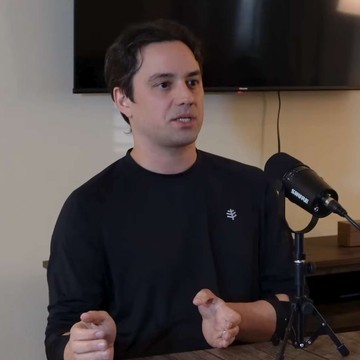
116 snips
Jun 27, 2024 • 4h 15min
#191 (Part 1) – Carl Shulman on the economy and national security after AGI
Carl Shulman, an independent researcher and influential voice on existential risks linked to advanced AI, dives into the intriguing future shaped by AGI. He explores the mind-boggling concept of AI that operates on just 20 watts, equating to minimal cost yet immense productivity. Shulman discusses the potential economic upheaval, the exponential growth of AI researchers, and the ethical dilemmas of highly efficient AI systems. He raises essential questions about governance, resource management, and societal shifts as we navigate this rapidly evolving tech landscape.
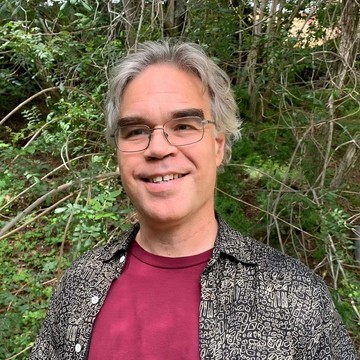
39 snips
Jun 7, 2024 • 2h 1min
#190 – Eric Schwitzgebel on whether the US is conscious
Eric Schwitzgebel, a philosophy professor at UC Riverside and author of "A Theory of Jerks," dives into the bizarre realm of consciousness. He explores why our intuitions often fail when grappling with profound questions about reality, such as the provocative idea that the United States could be a conscious entity. Thought experiments like "supersquids" challenge listeners to rethink what consciousness might entail. Schwitzgebel emphasizes the intrinsic weirdness of existence and the importance of embracing it while probing deeper into the nature of consciousness itself.
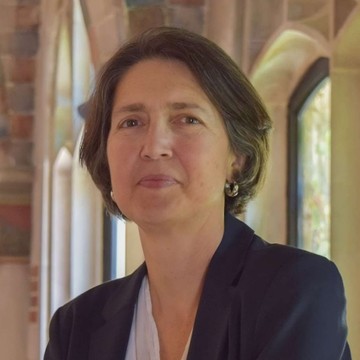
66 snips
May 29, 2024 • 2h 49min
#189 – Rachel Glennerster on why we still don’t have vaccines that could save millions
Rachel Glennerster, an associate professor of economics and president at the Center for Global Development, dives into the concept of market shaping. She discusses how misaligned incentives can hinder innovations in pandemic preparedness and climate change. Glennerster highlights advanced market commitments as a potential solution to drive innovation in public health. The conversation also touches on the urgent need for restructuring funding mechanisms to ensure access to vaccines for low-income populations, emphasizing the role of government in facilitating these changes.
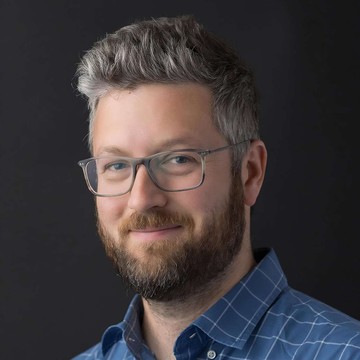
74 snips
May 23, 2024 • 2h 40min
#188 – Matt Clancy on whether science is good
Matt Clancy, an economist and research fellow at Open Philanthropy, dives into the dual-edged sword of scientific progress. He discusses the risk of accelerating research, particularly in genetic engineering, and the moral implications that follow. Clancy emphasizes the need for careful funding decisions to mitigate dangers like engineered pandemics. The conversation explores the economic returns of science and the importance of a balanced approach in navigation between innovation and existential risks, ultimately spotlighting the potential and pitfalls of rapid advancement.

May 14, 2024 • 3h 7min
#187 – Zach Weinersmith on how researching his book turned him from a space optimist into a "space bastard"
Zach Weinersmith, the mind behind Saturday Morning Breakfast Cereal, dives into the deep complexities of space settlement in this engaging discussion. He shares his transformation from a space optimist to a skeptic, scrutinizing the bleak realities of Martian life, where labor mobility could be non-existent. The conversation also highlights the importance of governance in space, warning of potential exploitation in company towns. Expect a mix of humor and critical insights as they reflect on the profound challenges humanity faces beyond Earth.


